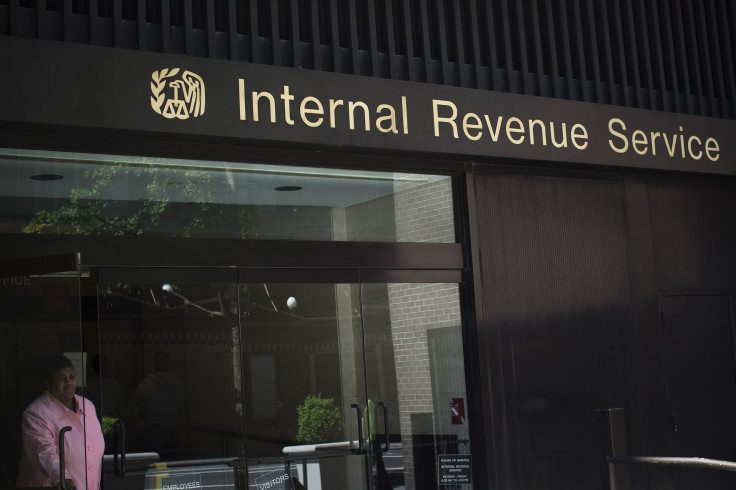HSBC, Hong Kong Under Scanner As US Steps Up Investigation Of American Tax Frauds

HSBC Holdings and the city of Hong Kong, which were last month linked to an international tax evasion network, are currently under scrutiny as part of efforts by U.S. authorities to hunt down American tax evaders, the South China Morning Post (SCMP) reported Monday, citing lawyers.
Official with the U.S. Internal Revenue Service (IRS) are currently deployed in foreign jurisdictions, including the American consulate in Hong Kong, to gather information about tax evasion by American taxpayers, the SCMP reported said, citing Travis Benjamin, head of tax practice at the Hong Kong-based law firm Deacons.
“We're seeing greater activity of foreign tax authorities, not only those of the US, in investigations and information gathering in jurisdictions across Asia, including Hong Kong and Singapore,” Benjamin told SCMP.
U.S. authorities have stepped up their efforts to catch American tax cheats in Hong Kong ever since the Foreign Account Tax Compliance Act (Fatca) came into effect in July last year. Fatca requires financial firms around the world to provide the IRS with information about their clients, who are U.S. taxpayers, SCMP reported, citing another legal expert.
In December, the U.S. Department of Justice (DOJ) announced that HSBC and Hong Kong were part of an international network aimed at avoiding taxes, and required HSBC's American arm to submit details of alleged U.S. tax evaders suspected of hiding their overseas assets with the help of Sovereign Management & Legal, an international offshore services provider. The DOJ announced that the IRS had learned that Sovereign Management was involved in assisting U.S. clients evade taxes.
According to the DOJ, bank accounts in HSBC USA that correspond to Sovereign Management's bank accounts in Hong Kong and Panama, could help identify transactions between Sovereign Management and its U.S. clients.
Last month, the DOJ accused Germany’s Deutsche Bank of creating an elaborate scheme in 1999 to avoid over $100 million in federal taxes. Recent media reports also revealed that Leumi, Israel’s second largest bank, helped Americans evade U.S. taxes. The bank eventually agreed to pay $400 million in compensation to settle two investigations into whether it helped its U.S. clients with tax evasion.
© Copyright IBTimes 2024. All rights reserved.






















